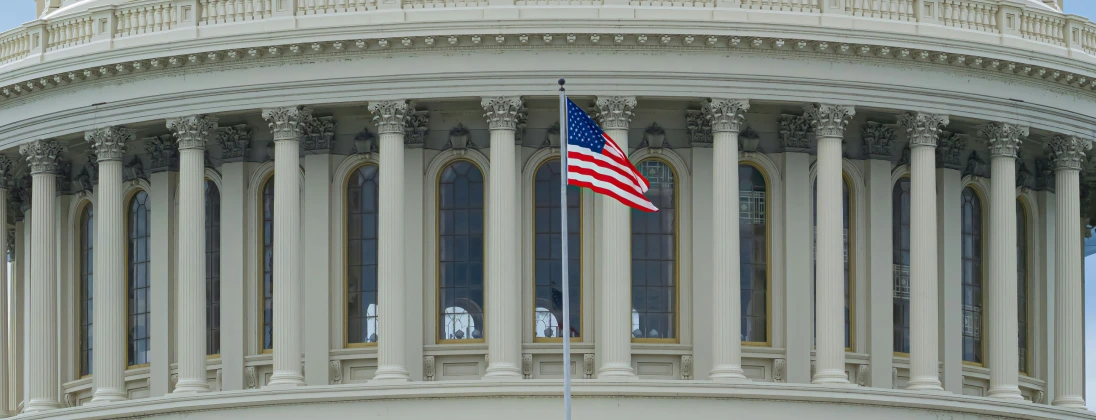
How Tariffs Impact a Fragile Economy: Margin Compression, Supply Chain Shifts, and the Illusion of Growth
Tariffs sit at the intersection of trade policy, macroeconomic management, and political strategy. They have been employed for centuries as tools to protect domestic industries, generate leverage in negotiations, or respond to foreign trade imbalances. In modern globalized markets, their effects ripple far beyond immediate price changes, influencing supply chains, corporate investment decisions, and even consumer sentiment. Understanding how tariffs interact with the current economic climate—where growth is fragile and consumer balance sheets are stretched—is crucial for assessing both their short-term disruptions and long-term strategic consequences.
Tariffs have long been used to influence trade balances, protect domestic industries, or retaliate against perceived unfair trade practices. In classical economics, tariffs create a one-time price shock as imported goods immediately become more expensive. But their long-term effects depend heavily on overall economic conditions, the resilience of businesses, and the health of consumers.
How Tariffs Affect the Economy
Tariffs raise the cost of imported goods, pushing domestic prices higher and reducing market efficiency. Normally, businesses can pass some of these costs on to consumers, acting like a persistent consumption tax. But in today’s weaker economic environment—marked by lower disposable incomes, elevated household debt, and cautious consumer spending—companies face limits on raising prices without losing sales. As a result, margin compression is the more likely outcome.
As Ritholtz Wealth Management explains:
“The producer/exporters could lower prices to offset tariffs, or the consumer can pay higher prices, or US companies could lower their margins… It’s most likely to be some combination of all three, but I suspect that consumers will bear the biggest brunt of it.”1
Corporate and Market Reactions
Companies are being forced to improve efficiency, streamline supply chains, and manage inventories more tightly. Some are delaying capital projects, while others are investing in automation or shifting to domestic suppliers to offset tariff exposure. Tariff-driven volatility in commodities, such as copper, has rippled through supply chains, showing how uncertainty alone can distort markets and complicate procurement strategies.2 Multinationals with global supply chains are re-evaluating sourcing strategies, increasing “just-in-case” inventory policies to hedge against policy swings.
In early 2025, these pressures were accompanied by pull-forward demand, as businesses and consumers accelerated purchases to avoid anticipated tariff costs. This behavior temporarily boosted first-quarter GDP by front-loading spending, but it also risks softer growth in subsequent quarters as demand normalizes. Economists caution that this pattern can mask underlying weakness and amplify volatility later in the year. As economist Diane Swonk notes:
“Those who could, stockpiled inventories and bought ahead of tariffs. … This isn’t just a one-time shock. It’s an on-again, off-again shock.”3
Trump Administration Tariffs
The Trump administration’s tariff strategy caused short-term volatility, shaking global confidence and disrupting supply chains. Its unprecedented scope, covering many countries and industries, magnified the immediate economic impact and heightened uncertainty for businesses.4
However, over time, the strategy produced notable trade outcomes:
- Japan committed billions in agricultural and industrial imports, accompanied by direct investment pledges into U.S. manufacturing and technology sectors.5
- The EU increased purchases of U.S. soybeans and liquefied natural gas (LNG), while European companies pledged direct investment in U.S. infrastructure and energy projects.6
- Mexico pledged automotive and energy sector investments to support U.S. jobs and domestic manufacturing, including direct investment into U.S.-based production facilities.7
Trade officials highlighted these pledges as tangible reinforcements of U.S. industry and long-term investment. Notably, the administration also touted a temporary improvement in the federal budget balance, as higher tariff revenues combined with deferred spending created a short-lived budget surplus.8 Beyond the trade agreements, the administration’s stance encouraged certain reshoring initiatives and motivated foreign firms to consider U.S.-based expansions to bypass tariff risks.
Bottom Line
In today’s fragile economy, tariffs are more likely to squeeze business margins than act as a lasting tax on consumers. While strategic trade deals and foreign investment pledges provide long-term benefits, policymakers must weigh these wins against near-term corporate strain, delayed investment, the inefficiencies created by supply-chain adjustments, and the volatility introduced by both tariffs and pull-forward demand in GDP. A careful balance between short-term economic health and long-term strategic positioning remains essential.


I'm Joshua, a financial advisor from Reno, Nevada. As someone who co-founded and built a trust company and investment advisory firm from the ground up, I’m passionate about sharing the lessons I've learned on my financial journey of 30+ years to guide and empower clients to secure their financial futures. Using active macroeconomic quantitative and tax avoidance strategies, I mitigate risk and help families achieve lasting financial independence, acting as guardians for future generations. Trust, consistency, and accessibility are at the heart of all my long-lasting client relationships.

Joshua Barone is an investment advisor representative with Savvy Advisors, Inc. (“Savvy Advisors”). Savvy Advisors is an SEC registered investment advisor. Material prepared herein has been created for informational purposes only and should not be considered investment advice or a recommendation. Information was obtained from sources believed to be reliable but was not verified for accuracy. All investments involve risk, including loss or principal investment.
Ancora West Advisors, LLC dba Universal Value Advisors (“UVA”) is an investment advisor firm registered with the Securities and Exchange Commission. Savvy Advisors, Inc. (“Savvy Advisors”) is also an investment advisor firm registered with the SEC. UVA and Savvy are not affiliated or related.
Material prepared herein has been created for informational purposes only and should not be considered investment advice or a recommendation. Information was obtained from sources believed to be reliable but was not verified for accuracy. All investments involve risk, including loss of principal. Alternative investments and private placements involve a high degree of risk and can be illiquid due to restrictions on transfer and lack of a secondary trading market. They can be highly leveraged, speculative and volatile, and an investor could lose all or a substantial amount of an investment. Alternative investments may lack transparency as to share price, valuation and portfolio holdings. Prospective investors are advised that investment in a private fund or alternative investment strategy is appropriate only for persons of adequate financial means who have no need for liquidity with respect to their investment and who can bear the economic risk, including the possible complete loss, of their investment. All advisory services are offered through Savvy Advisors, Inc., an investment advisor registered with the Securities and Exchange Commission (“SEC”).
Reference:
1: Barry Ritholtz, The Big Picture, “The Muted Impact of Tariffs on Inflation (So Far),” July 17, 2025
2: https://discoveryalert.com.au/news/tariff-uncertainty-copper-markets-2025/
3: Diane Swonk, Chief Economist at KPMG, in an NPR interview on June 19, 2025
4: https://www.strtrade.com/trade-news-resources/str-trade-report/trade-report/july/trump-trade-strategy-causing-legal-and-economic-uncertainty-for-businesses
5: https://www.whitehouse.gov/fact-sheets/2025/07/fact-sheet-president-donald-j-trump-secures-unprecedented-u-s-japan-strategic-trade-and-investment-agreement/
6: https://www.reuters.com/business/energy/us-lng-producers-climb-eu-agrees-750-billion-energy-purchases-2025-07-28/
7: https://www.atlanticcouncil.org/blogs/energysource/us-mexico-energy-cooperation-is-vital-to-enable-nearshoring/
8: https://www.investopedia.com/how-trumps-tariff-revenue-helped-us-government-make-bank-in-june-11770789







